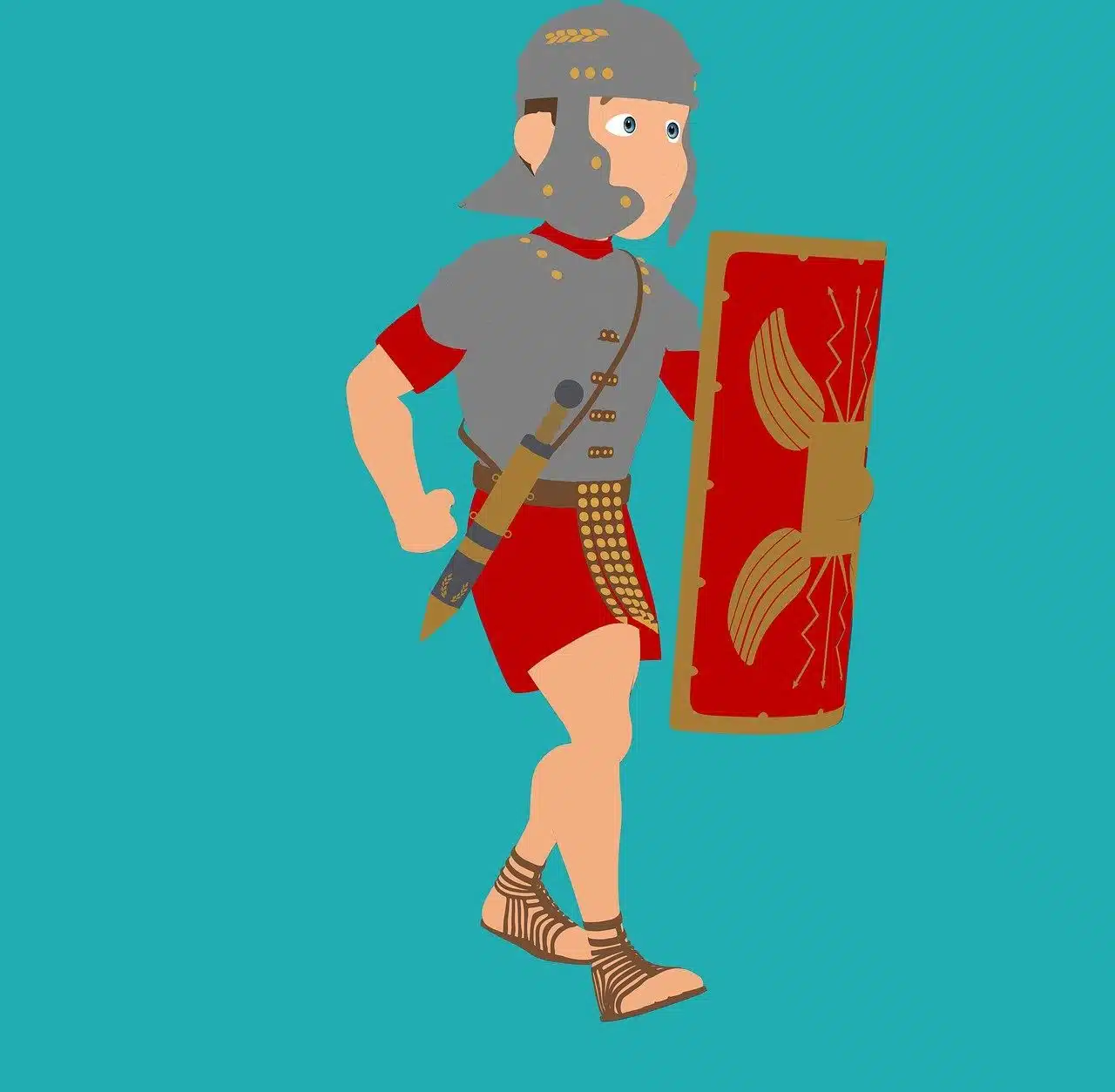
The idea of offspring comes from proletarii, a name given to people who, in the Roman Empire, lacked property and assets.
Prole is a term from the Latin word proles that is used to name the descendants of a person. Starting from this meaning, the notion of offspring is also used to name any group of individuals that is formed from common characteristics or certain links.
For example: “Every good man must worry about the well-being of his children,” “The mother was separated from the children due to her alcohol problems,” “The young man never stopped dreaming of being reunited with his children, even in the worst moments.”
From prole to proletariat
The concept, over time, evolved into proletariat . In the Roman Empire , those people who lacked goods and property and, therefore, the only contribution they could make to the Empire was known as proletarii , were to send their children (that is, their offspring) to the army.
However, it was not until the reforms of Gaius Marius that the citizens of the lowest class were able to give up their offspring to grow their armies, since until then they were not allowed to use weapons. These reforms began in the year 107 BC. C., in charge of the general and politician who gave them their name; Its importance was considerable in the formation of the Roman legion , a military structure whose weight lasted several centuries.
The proletarii could not be part of the army for several reasons, their social class being the first barrier that was impossible to break down: they belonged to the sixth class, while one of the requirements to achieve such an occupation before the reforms of Gaius Marius was to be in a of the first five. The other two were to use their own weapons and own property worth a minimum of 3 thousand sesterces (a silver coin equivalent to a quarter of a denarius, used from the year 212 BC).
Preventing the offspring of the sixth class from being part of the army , as well as requiring the rest to comply with such strict requirements, not only affected those who wanted to defend their empire and felt excluded, but also had a negative impact on the stability of the army of the Republic. Furthermore, due to the lack of soldiers, emergency situations led to an improvised recruitment of people who did not have the necessary preparation to act on the battlefield.

Karl Marx developed the concept of the proletariat.
Marx's view
The philosopher Karl Marx took this notion for the development of his idea of proletariat, dedicating this name to the lower classes who did not have resources . The members of the proletariat only have their labor power , which they must sell to those who own the means of production . From there arises the antagonism between the proletariat and the bourgeoisie .
The proletariat, therefore, sells its labor in exchange for a wage . This salary is enough for workers to survive and reproduce: therefore, by having children and increasing their offspring, new workers emerge who must sell their labor power. The profit for the bourgeois is that the value generated by the work of the proletariat is higher than the salary: that difference, known as surplus value , is the profit that the capitalist appropriates.
The acronym PROLE
As an acronym, PROLE represents the Programming and Languages Conference, a conference sponsored by the Society of Software Engineering and Software Development Technologies ( Sistedes ).
This event has been organized annually since 2001 to provide Spanish researchers dedicated to computer programming languages and techniques with a space in which to debate the topics that interest them most and disseminate their work. It is a way to encourage exchange and enrich communication between these professionals.
